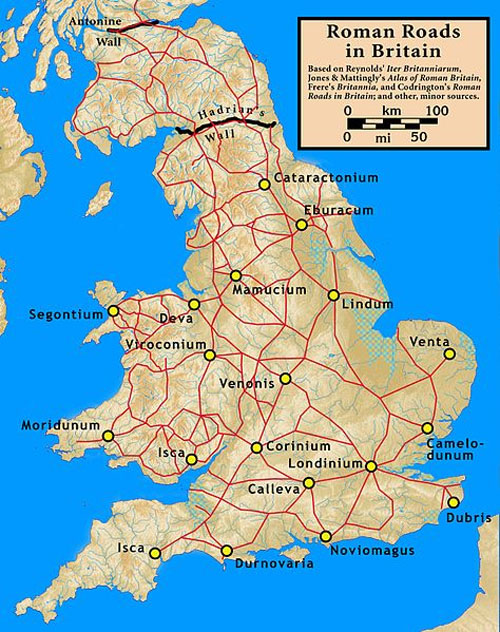Questions and questioning exemplar: Roman Britain
Exemplar

Using key questions
The Romans in Britain was a lesson introducing Roman Britain to a Year 5 class.
We started with the key question: 'What was Roman Britain like?' We had prepared group sets of pictures of aspects of Roman Britain. The images showed a range of scenes, e.g. cooking in a Roman kitchen.
We divided the class into groups of five children. Each group received a set of pictures. We then posed the key question to the class and told them that each group would try to answer it from their pictorial clues. In each group, one pupil had to choose a picture and tell the other group members what s/he thought was happening in the picture.
The other group members now answered a set of subsidiary questions. The subsidiary questions played a crucial role in pushing on with answering the key question. The subsidiary questions were:
- Do you agree with the description/interpretation s/he has given?
- If you disagree, say why
- Is there anything you want to add to the description?
Each pupil in the group chose a different picture, and the interpreting and questioning process was repeated. The group members then worked together to answer a further set of subsidiary questions:
- What do the pictures tell you about Roman Britain?
- Would you have liked to live in Britain at that time?
- If so, why? If not, why not?
Each group now produced a collective answer, in the form of a report, to the original key question: What was Roman Britain like?
Each group now swapped its report with another group, and as a class we discussed a final set of questions:
- From which sources did the group get the information in their report?
- Do you agree with their description/interpretation?
- Is there anything else you would like to add to their description of Roman Britain?
Through this discussion about evidence from pictures the class were able to give thoughtful, defended, answers to the key question.
See the teaching approach notes on Questions and Questioning
See also the lessons on Roman Britain

